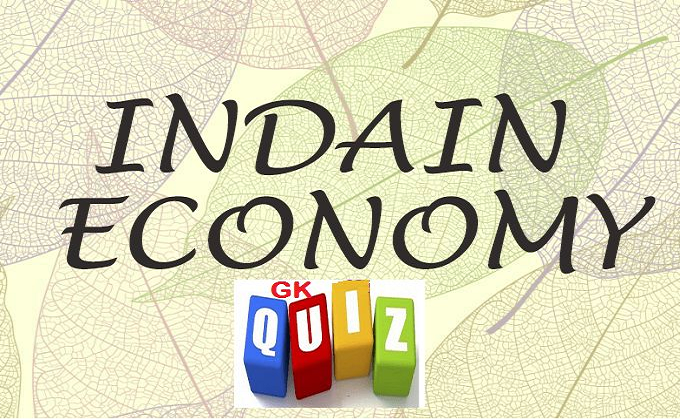1.
Which of the following constitutes the intermediate layer in the three tier co-operative credit structure?
2.
Which among the following is/are not a part of 'public expenditure?
(i) Expenditure categorised as 'consumption'
(ii) Expenditures in 'running the government.
Which of the above is/are correct?
3.
For the computation child sex ratio, what is the compatible age group:
4.
Choose the correct statements regarding Census 2011:
5.
For which of the following items of household consumption expenditures in India, NSSO takes the reference period as 365 days?
6.
Who regulates money supply in India?
7.
'Indradhanush' programme which was launched in Indi is related with:
8.
All the funds which belong to Government go to:
9.
Under the recommendations of Finance Commission, Grants from the Centre to the State is known as:
10.
Which of these incidents is relatable with the 'Demographic Dividend' of the country:
11.
Which of these is not related to Bharat Nirman?
12.
In India, what are the aim for targeting the Monetary policy?
13.
According to 2011 Census the state having population is:
14.
What does the JAM stand for:
15.
Upto which census, synchronous de facto method was adopted in India wherein the census was conducted throughout the country in a single night?
16.
Where is the largest share of total food grain produced in the country?
17.
As per the State Bank of India Bill, 2010, the share of Central Government in SBI was reduced to:
18.
The biggest holder of Government of India dated securities:
19.
Justify the correct statement about the relationship between total fertility rate and gross-reproduction rate:
20.
India's Green Actions' can be made more effective by:
21.
Find the odd one out which is not a credit rating agency?
22.
Mangla, Bhagyam and Aishwarya - What are they related to?
23.
What is the referral period of Neonatal Mortality Rate in India is?
24.
The MRTP Act of 1969 been:



